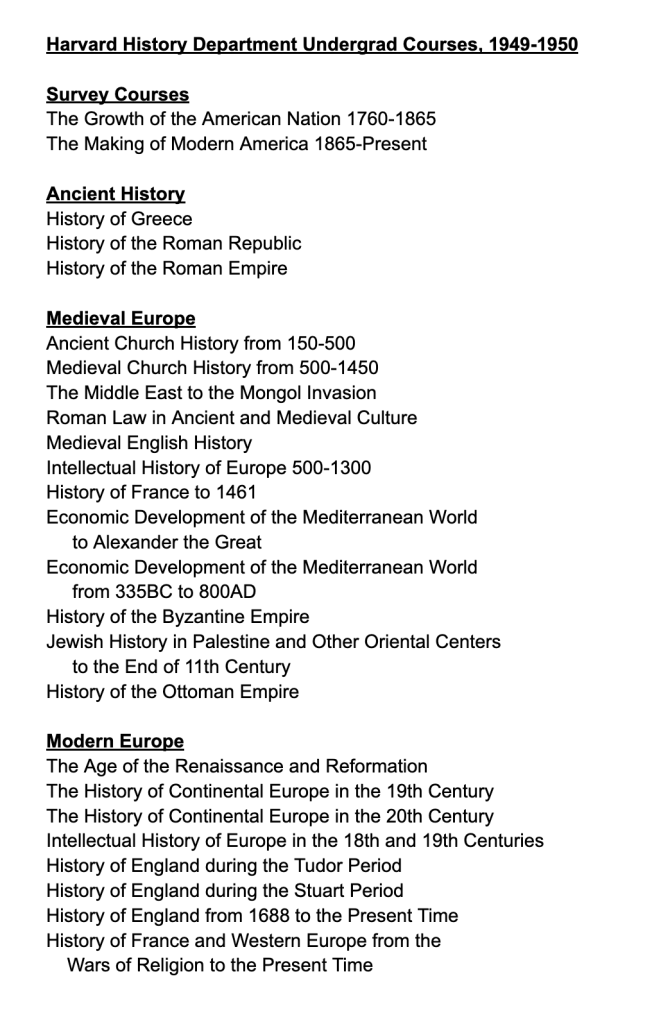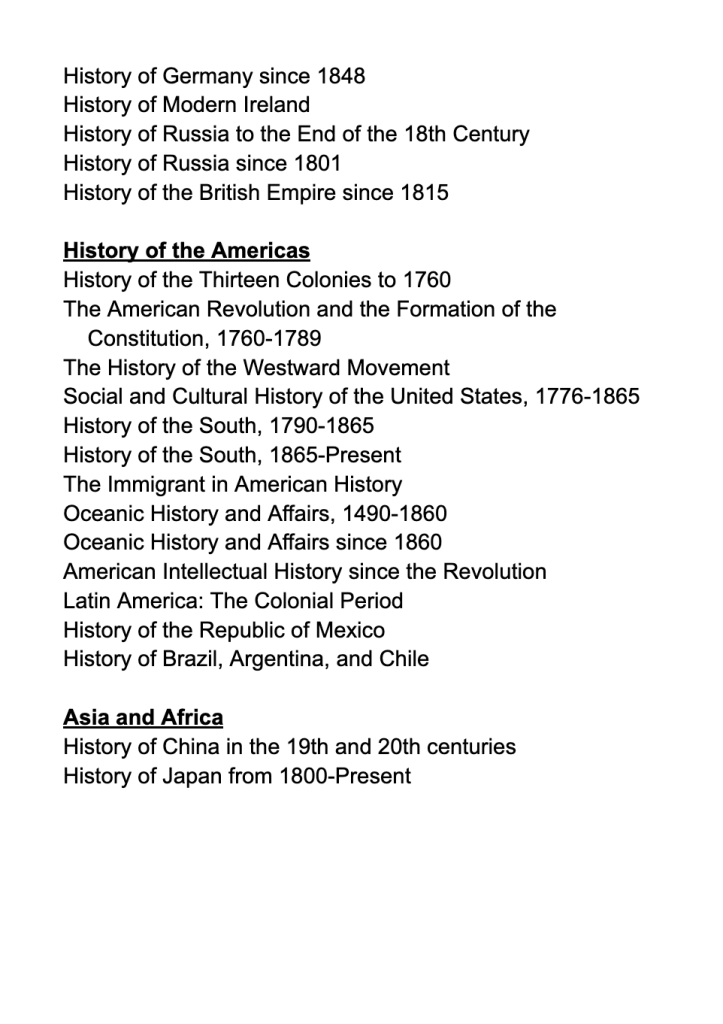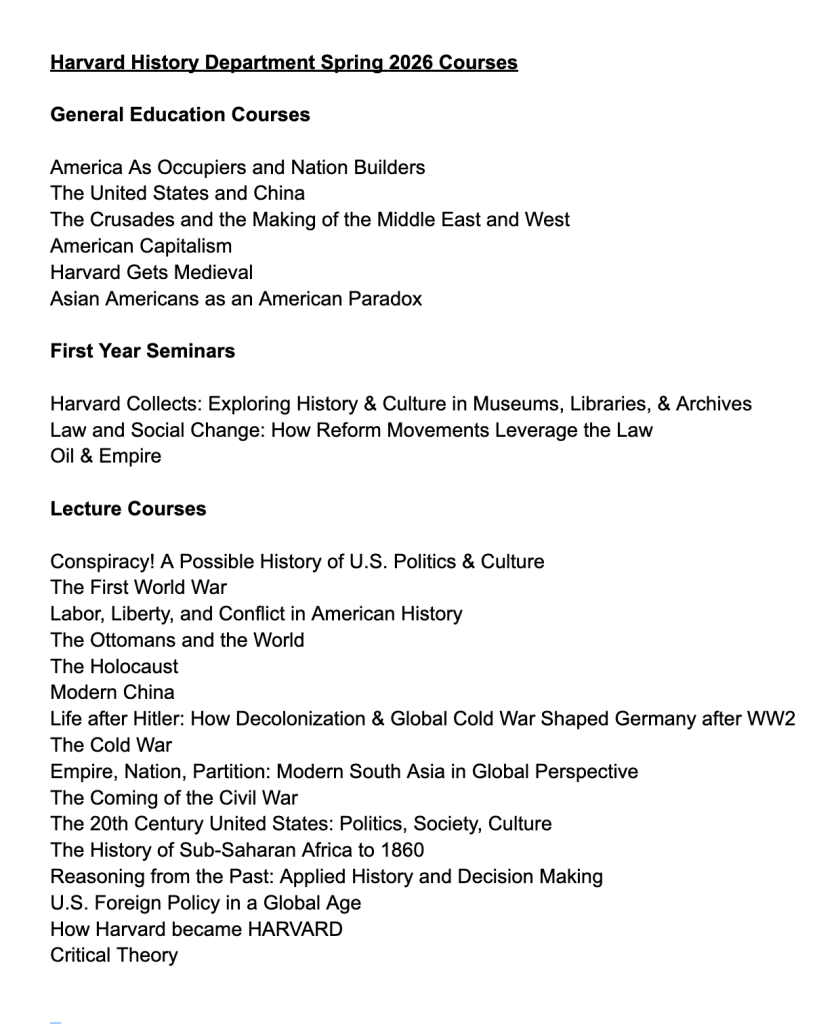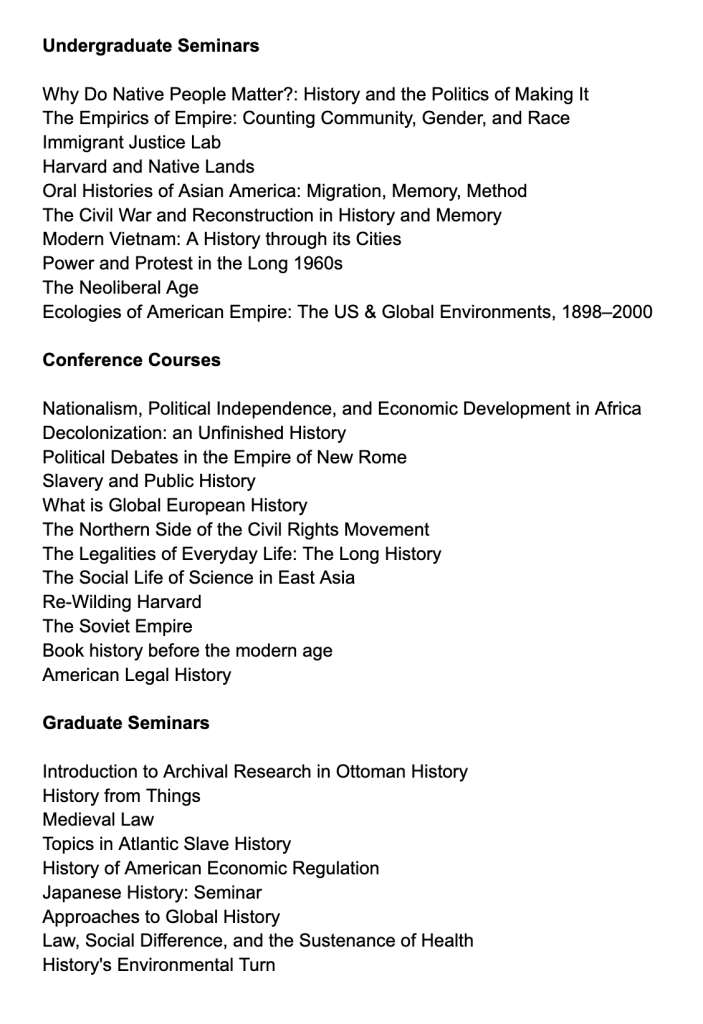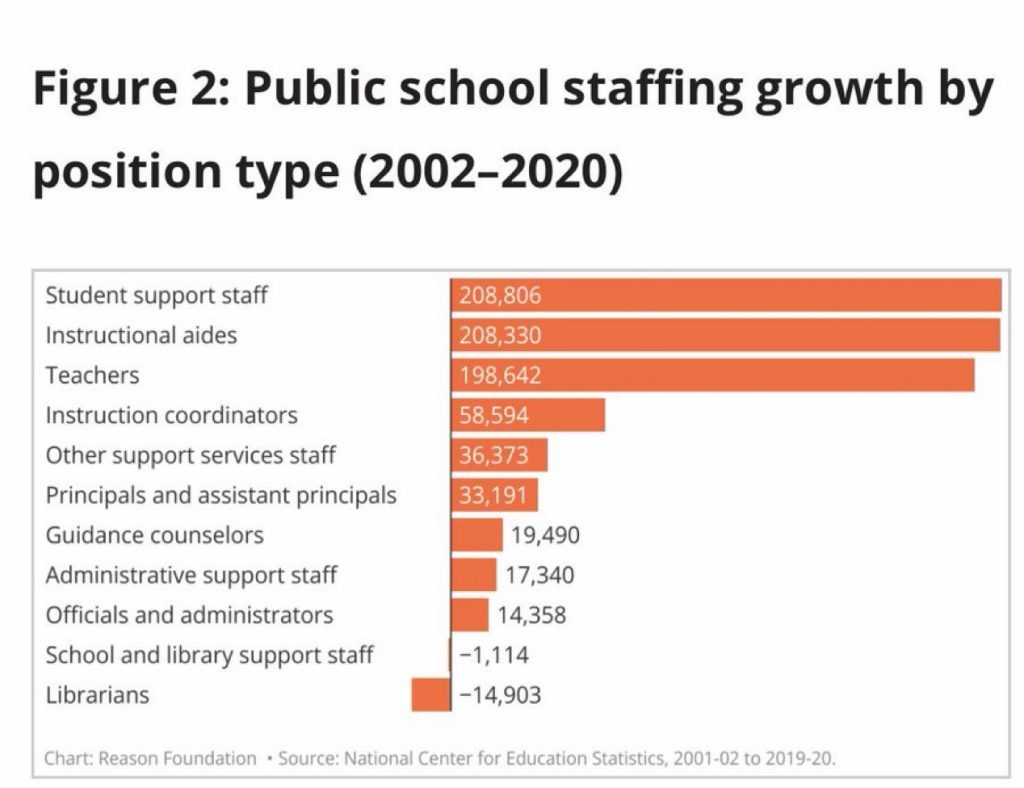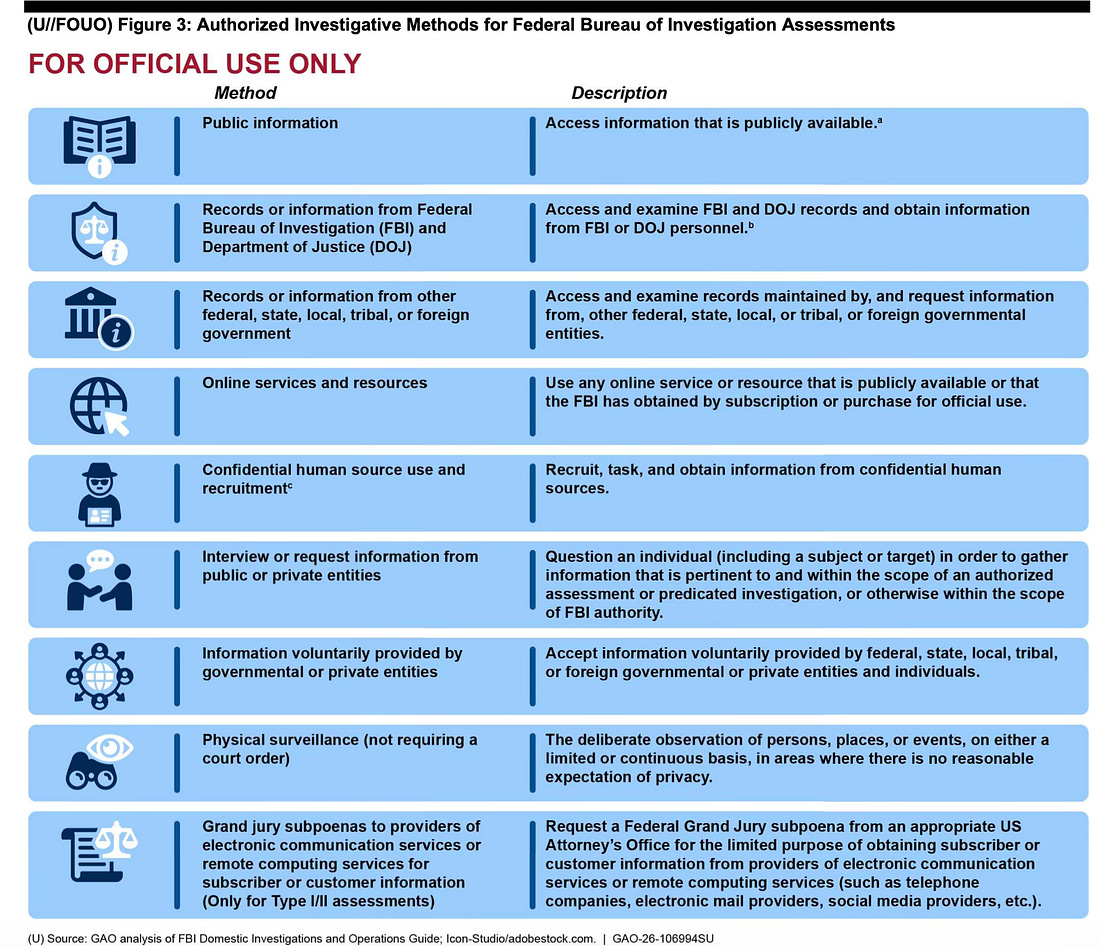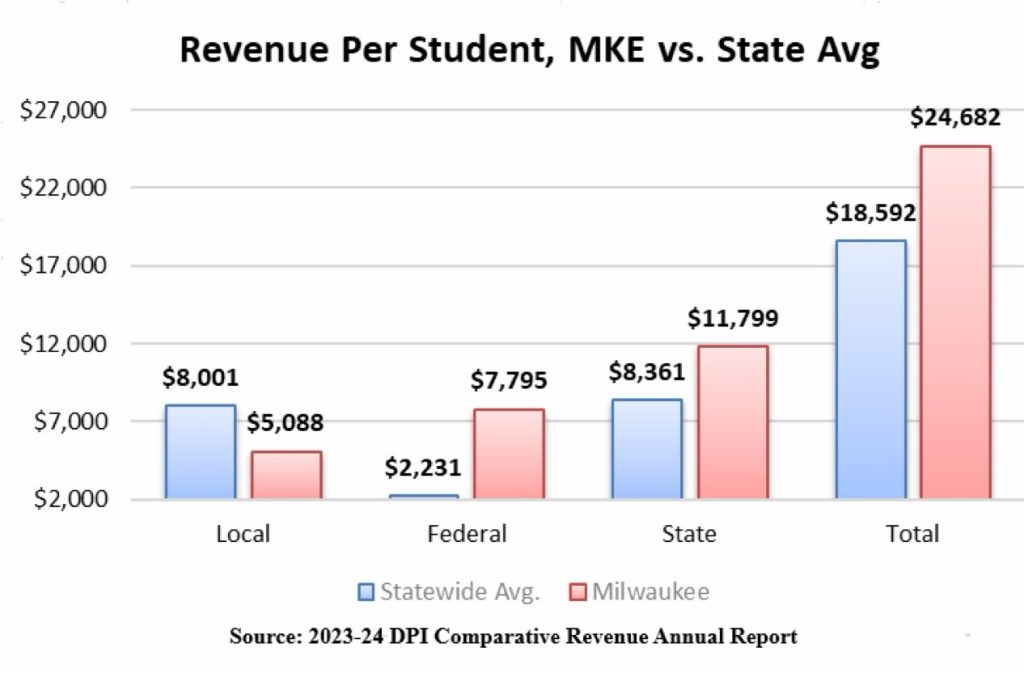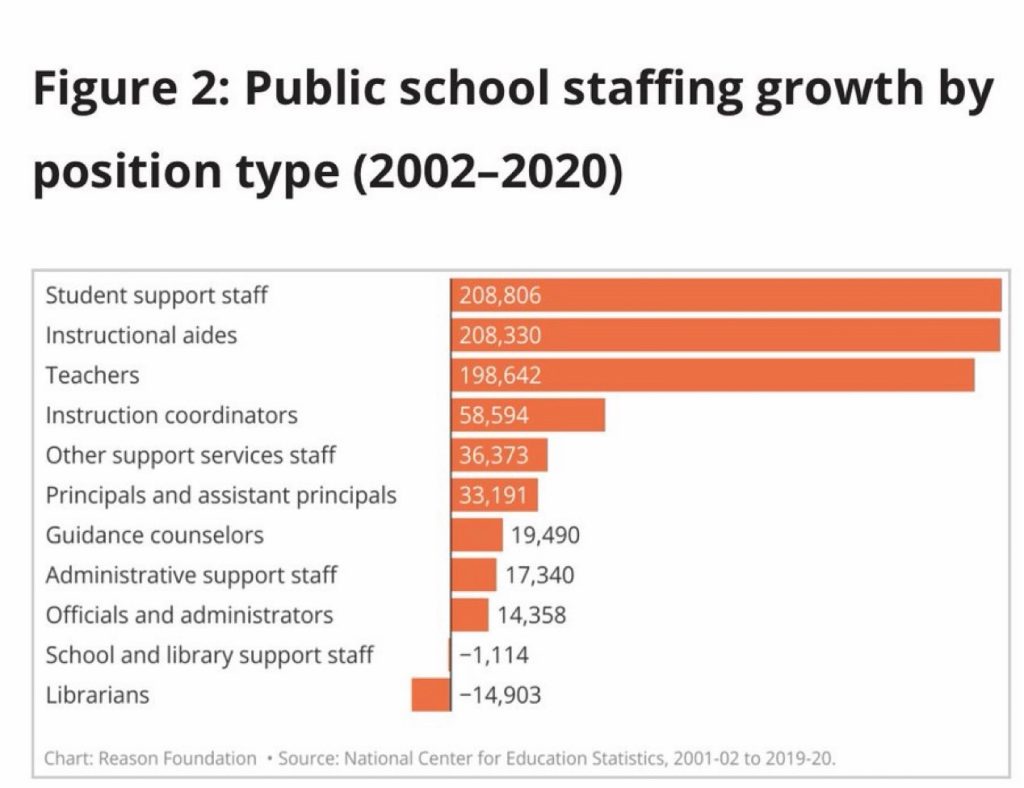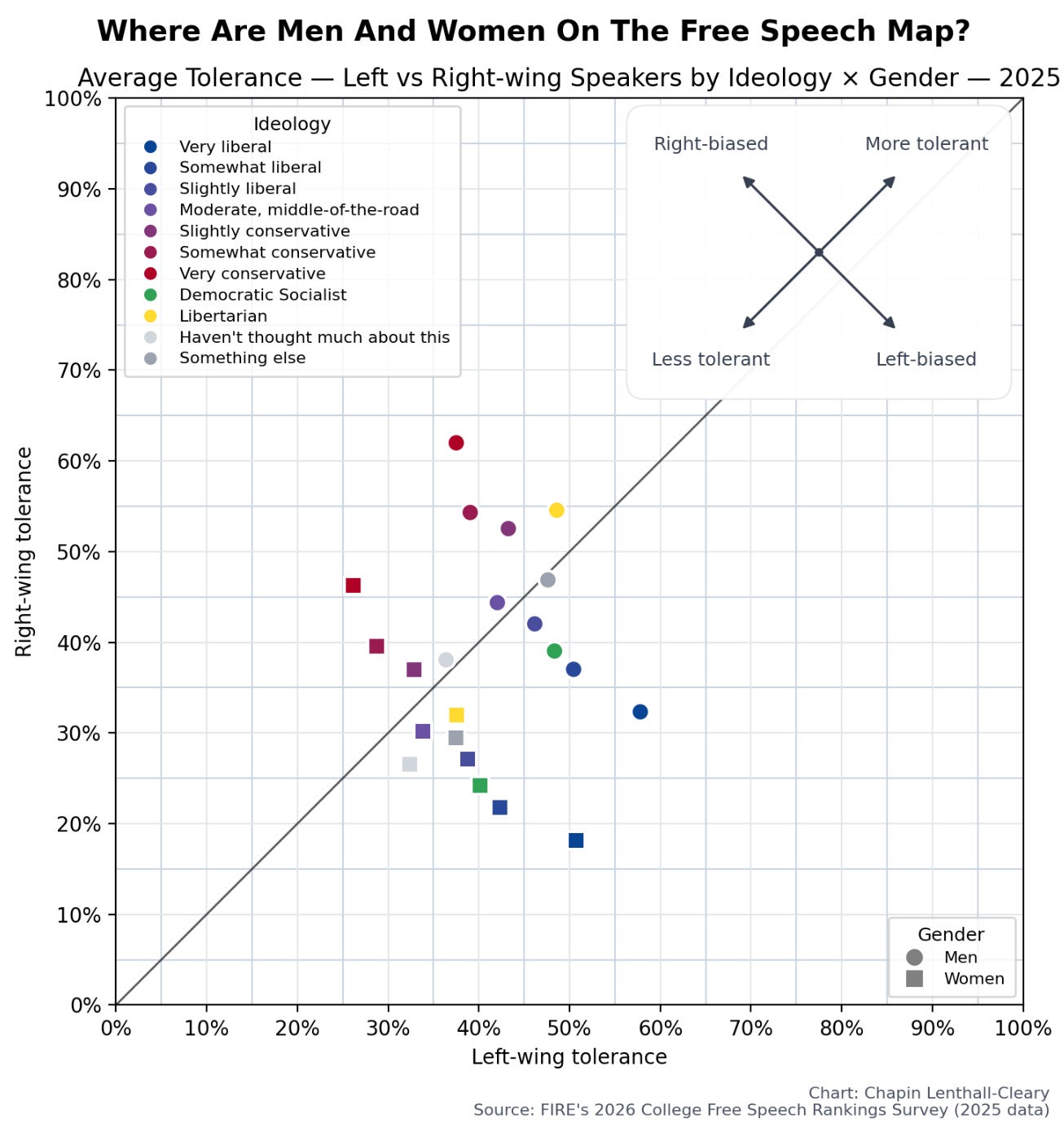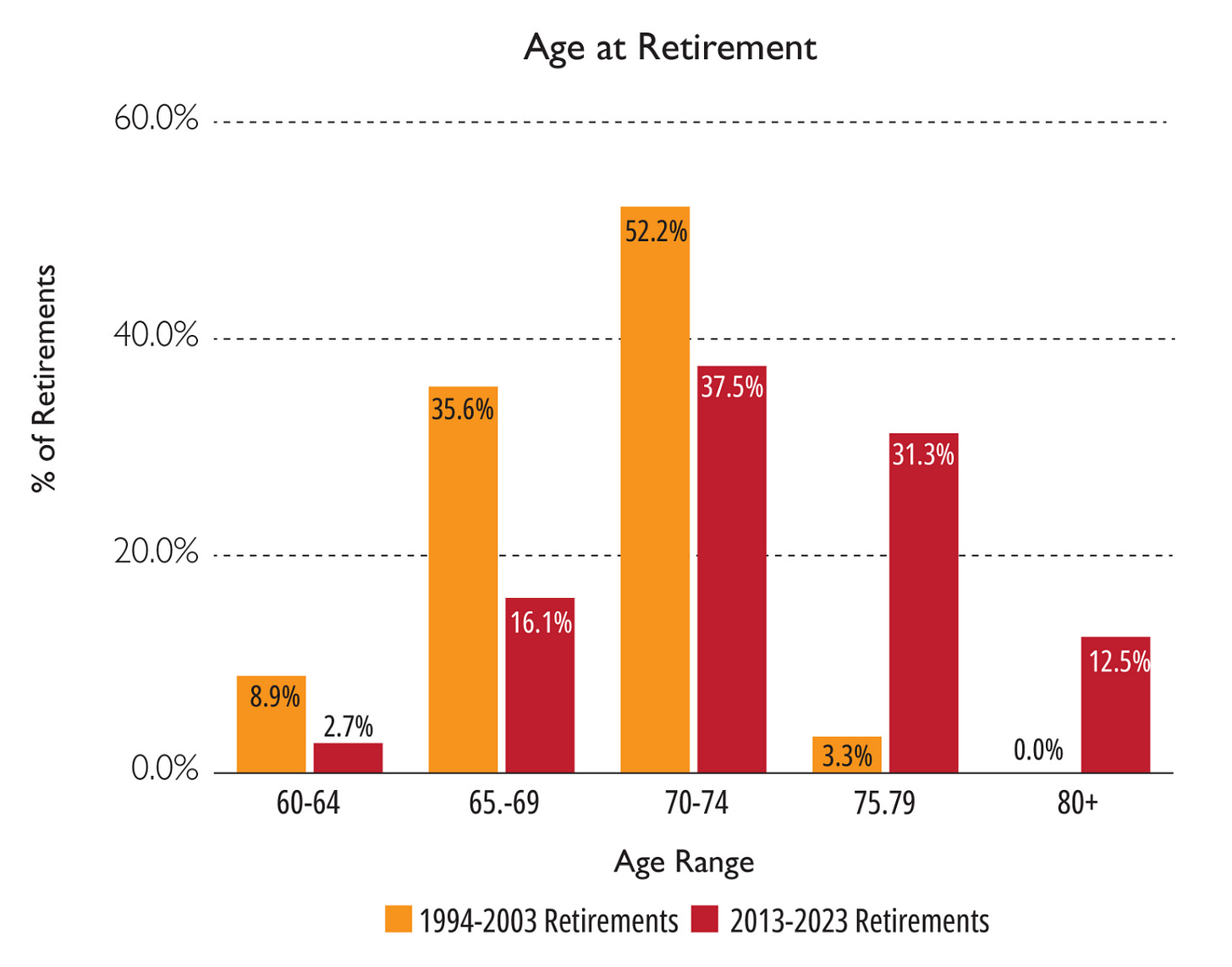James Rosen:
Near the end of Nixon’s second and final day on the stand, the examination strayed into a subject that wasn’t listed on the agenda. This prompted Nixon to admonish his interrogator, “I would strongly urge the special prosecutor: Don’t open that can of worms.” More extraordinary still, the prosecutors agreed.
In the avalanche of official disclosure that defined the 1970s, what remained so sensitive that even the special prosecutors wouldn’t touch it?
The answer fills an important gap in the record of the Nixon era — and carries significance for our own. The classified portion of the grand jury transcript, obtained by Times Opinion, bears directly on allegations by President Trump and his supporters about the existence of what was once called the permanent bureaucracy, better known today as the “deep state.”
Seated in a small Coast Guard station in June 1975, Nixon proved to a team of federal prosecutors and grand jurors not only that such a beast existed but that he himself, guilty as he was in Watergate, had been its victim.
The Moored-Radford affair, as the episode became known, constituted a unique constitutional crisis. Over 13 months, in wartime, an enlisted man had stolen an estimated 5,000 documents, most of them classified, from the N.S.C. and delivered them to the nation’s top uniformed commanders. It was time to brief the president.
In the summer of 1973, Senator Howard Baker of Tennessee, the ranking Republican on the Senate Watergate committee, learned of the Radford project and considered it vital to Nixon’s defense. The White House, now run by, of all people, General Haig, enjoined Baker from disclosing the critical work that the Plumbers had done in Moorer-Radford. Nixon and General Haig each harbored good reasons to let the matter rest.
As the president pointedly reminded General Haig in a recorded meeting on May 11, 1973: “Admiral Moorer, I could have screwed him on that and been a big hero, you know. I could have screwed the whole Pentagon about that damn thing, and you know it. Why didn’t I do it? Because I thought more of the services.”
“but the espionage by the Joint Chiefs went unmentioned.”
When excluded from their spheres of interest, entrenched bureaucratic forces will, almost as a biological reflex, respond aggressively.
The Joint Chiefs’ spying formed only one prong of the campaign against Nixon, the most spied-on president in modern times. Declassified documents and scholarship published since 1974 have established that the F.B.I., under its director, J. Edgar Hoover, spied on Mitchell, the attorney general, and that the C.I.A. detailed its personnel to various units associated with Nixon, including the Watergate burglary team and “components intimately associated with the office of the president,” as the agency admitted in 1975.
——-
Senator Feinstein accused the CIA of spying on the Senate.
